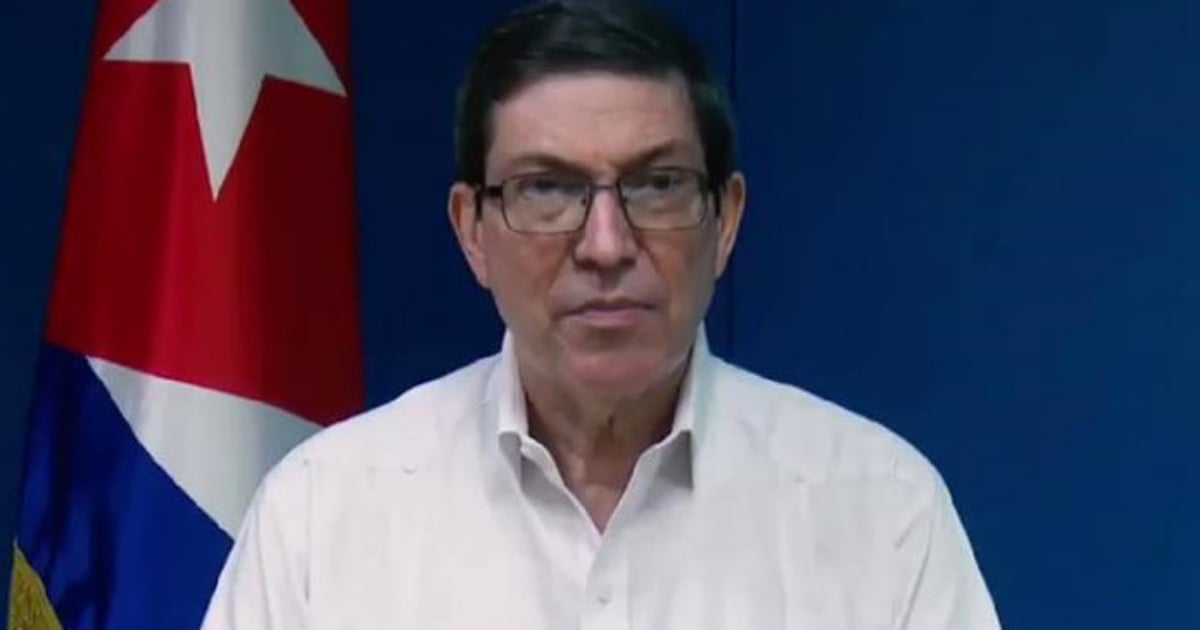The Cuban Foreign Minister, Bruno Rodríguez Parrilla, has announced that the Cuban government is actively engaged in negotiations to secure international aid as the island grapples with a severe energy crisis. "We are grateful for the immediate support and efforts from the governments of Venezuela, Mexico, Colombia, Russia, and Barbados in addressing the current state of the National Electro-energy System (SEN). Cuba is in discussions to finalize the receipt of this assistance," the minister stated on the social network X.
These remarks from Rodríguez come at a time of deepening desperation in Cuba, where citizens face a dire shortage of fresh food, cooking fuel, and potable water. The government remains uncertain about when or how it will resolve the ongoing energy crisis.
Government Blames U.S. Policy Amid Crisis
Cuban leader Miguel Díaz-Canel expressed hope that, soon—without specifying an exact timeline—Cuba may receive aid from different governments to cope with the crisis spawned by widespread power outages. "We are comforted and encouraged by the solidarity shown by various governments and peoples. We appreciate their support and the emphatic Declaration from ALBATCP, which identifies the main culprit: the inhumane blockade policy of the United States," Díaz-Canel stated.
The Cuban president steadfastly refuses to acknowledge the failures of his own administration, which have plunged the nation into darkness. Instead, he blames the United States, continuing a narrative that has been used by the regime for over six decades, leading Cubans into the dire poverty they experience today.
Nationwide Blackouts Spark Protests
Since October 18, 2024, Cuba has been plagued by widespread blackouts following the disconnection of the SEN after the shutdown of the Antonio Guiteras thermoelectric plant, one of the country's main power sources. This massive outage left millions without electricity, sparking a wave of protests in multiple cities, including Havana and Santiago de Cuba.
The Cuban populace voiced their outrage not only over the lack of electricity and water but also due to the unavailability of essential services like internet access and the inability to charge electronic devices, further isolating the population.
Government's Hardline Stance on Public Dissent
Authorities have attributed the energy collapse primarily to the Antonio Guiteras plant, although other issues such as fuel shortages and failures at other plants across the island contribute to the crisis. Despite efforts to restore power, the collapse continues to fuel widespread public dissatisfaction, manifesting in social media and public demonstrations for the third consecutive day.
On Sunday, Díaz-Canel issued a stark warning that the government will not tolerate public demonstrations. "We will not allow anyone to act in a way that incites vandalism or disturbs the public peace. This is a conviction, a principle of our revolution," he declared, issuing a clear threat against those protesting the regime's rule in the country.
